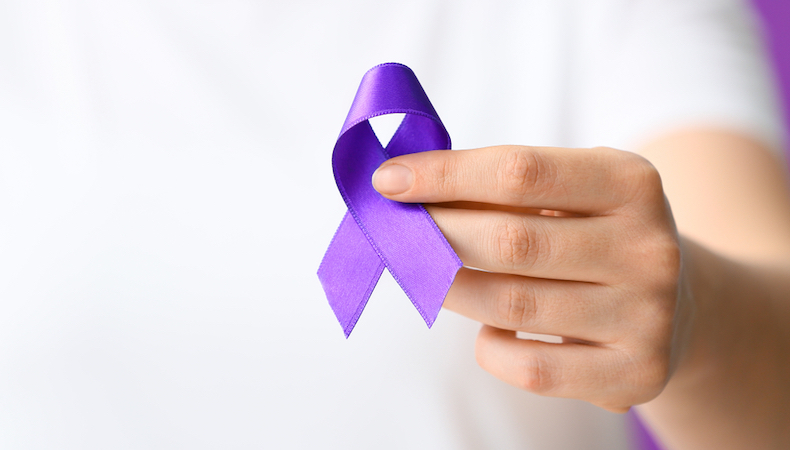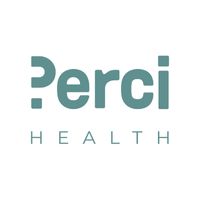How employer support can make a difference for cancer sufferers
Everyone knows someone living with and beyond cancer, or a cancer carer. Organisations have their own relationships with cancer, too. Many, in fact, will be celebrating and fundraising as you read this, on behalf of World Cancer Day on 4 February.
The first World Cancer Day was celebrated in 2000. The campaign aims to improve access to care and drive governmental action, and this year it is focused on closing the care gap.
Cancer’s story is one of highs and lows, lessons and learnings. Since 2000, the way people think about, treat and recover from cancer has changed profoundly.
Cancer rates and survivorship
In 2000, the Global Cancer Report reported that 10 million people had been diagnosed with cancer. It predicted that by 2020 there would be 15 million diagnoses, driven primarily by population growth and ageing. But it was wrong. By the end of 2020, the figure stood at 18 million. Now, one in two people will get cancer in their lifetime, a milestone hit in 2015.
Yet while cancer incidence rates are increasing, so too is survivorship. In the UK, between 2000 and 2002, 312 people per 100,000 died from cancer. By 2010-2012 the figure was 286 and by 2017-2018 (the last available figures) it had fallen to 266.
Around 58% of those diagnosed with cancer now survive for 10 years or more. This is due primarily to rapid advances in screening and treatment. So, although we are seeing an increase in the number of people being diagnosed, more are surviving and cancer is no longer the death sentence it once was.
Cancer in the workplace
Around one in three people living with cancer are now of working age (this increased by 10% between 2010 and 2015 alone), and three-quarters of respondents to a survey by the Institute for Employment Studies said they returned to work after treatment.
Including those caring for a loved one with cancer (thought to exceed 1.4 million in 2016) it’s easy to see that, due to the rise in cancer rates and survivorship experienced since 2000, there is now a large and growing population of people living with cancer in the workplace. And they have unique and often unmet healthcare needs.
Trouble with waiting times
The two-week wait referral system – aimed at earlier cancer diagnosis, reducing cancer survival inequality across the country, and reducing cancer-related mortality – was also introduced in 2000. In October 2023, as part of a wider NHS England plan, it was replaced with three standards:
- 28 days to diagnosis (target: 75%)
- 31 days to commence treatment after the decision to treat (target: 96%)
- 62 days to commence treatment after referral (target: 85%)
In November 2023, the new 62-day target was being missed for 35% of patients. It’s estimated that the current backlog – worsened by the Covid-19 pandemic – will take years to clear, meaning the rising population of people affected by cancer and their growing needs is being compounded by the strain on the NHS to keep up. This has a significant impact on individuals suffering ill health, pain and anxiety, and also for businesses, who experience it as a loss of productivity.
The care gap
While Covid-19 added a range of extra challenges to receiving timely cancer diagnoses and treatment – including primary treatment such as surgery, chemotherapy or radiation therapy – it has also hit long-term rehabilitation support.
The care offered by physiotherapists, psychologists, dietitians, nurse specialists and many others, is critical to helping those living with and beyond cancer return to work, which itself can be crucial for a sense of normality and control, as well as for financial stability.
Research by global advertising company Publicis found that 92% of cancer patients believe the support they get at work positively affects their health. Yet there is at present little-to-no support focused on helping people remain in or return to work, even for those with comprehensive medical insurance. This is despite a greater proportion of the workforce expected to be affected by cancer in future, and an estimated £5.3bn loss in productivity blamed on cancer in the UK alone.
Digital platforms and virtual clinics
Since the first World Cancer Day there has been a rapid adoption of virtual cancer support and care. Digital platforms have the potential to plug that care gap, delivering multi-modal cancer care that drives better outcomes and supports people to return to work. Virtual clinics dissolve geographical barriers and reduce time off for appointments. This trend can be expected to increase, as digitally native generations expect personalisation and convenience.
In 2000, cancer was seen as an acute condition, yet 24 years later has morphed into the realm of chronic – something people live and, importantly, work with. After mental health, menopause and diabetes, the shift in cancer’s profile is now being noticed by employers, who are responding with targeted employee benefits.
Cusp of a revolution in support
World Cancer Day 2024 arrives on the cusp of a revolution in the long-term support cancer patients receive, with progressive employers leading the charge. The sheer number of influential organisations – including AXA, Barclays, Citi, Meta and Google – who have signed Publicis’ Working with Cancer pledge to provide a more open, supportive and recovery-forward culture at work for all employees with cancer, since its creation a year ago, is testament to the appetite for change.
There is, of course, more to be done. Cancer incidence rates are projected to increase by another 55% by 2040, yet Cancer Research UK expects that by then, three-quarters of all those diagnosed with cancer will survive at least 10 years. It will undoubtedly require commitment, community and new technology, but at Perci Health we believe rates of survivorship can out-pace incidence, and that those living with and beyond cancer, or caring for a loved one with cancer, can and will live and work to their full potential.
Supplied by REBA Associate Member, Perci Health
Perci Health is the first digital platform bridging the gap between cancer and wellness.








